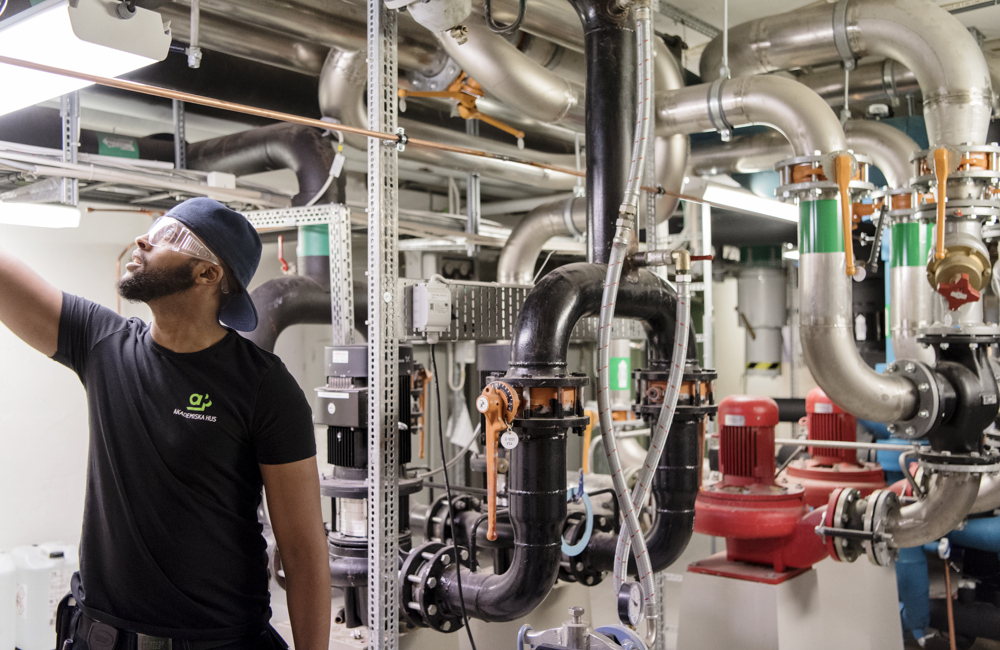Contact:
Akademiska Hus achieves record energy savings
Monday, 24 April 2023
The energy situation in Europe in the fall and winter was more challenging than it has been in a very long time. Last September the Government responded to the situation by ruling that government agencies must report and take measures to reduce their electricity consumption. This decision affects the majority of Akademiska Hus’ customers – Sweden’s colleges and universities. For many years, Akademiska Hus has actively worked to make its buildings as energy efficient as possible and is well on its way to reaching its target of reducing the amount of delivered energy by 50 per cent by 2025, using 2000 as the baseline year. With a potential looming energy crisis, the company joined forces and further intensified its efforts.
“We are proud that we could provide both short-term and long-term solutions in a difficult energy situation. By working in close cooperation with our customers, we have successfully reduced our electricity consumption nationwide by 10 million kWh over the past six months. “It brings us one step closer to climate-neutral operations and shows that together we can make a big difference,” says Andreas Kupenberg, Director of Technology and Service at Akademiska Hus.
Concrete measures with results
To achieve such large electricity savings in a short period of time, Akademiska Hus has identified which electricity loads can be switched off or controlled more efficiently, without disrupting customers’ operations. Short-term measures have included switching off equipment and lighting, changing ventilation operating times and lowering indoor temperatures. At the same time, the company has implemented and sometimes initiated longer-term measures earlier than planned. The higher education institutions that have reduced electricity consumption the most are Lund University and the University of Gothenburg, where the reduction has been 1.9 and 1.6 million kWh respectively during the period.
There has also been a strong focus on working with their customers to identify “energy thieves” in the premises, while also providing simple tips on how undergraduate and graduate students who spend time in these environments can help save energy. Tips included closing and turning off lights in unused rooms, closing fume cupboards in labs, not opening windows and sitting with others.
“We’ve encountered a tremendous amount of commitment from people at the higher education institutions and I hope that the behavioural changes we’ve now seen will become permanent. We look forward to continuing our long-term sustainability efforts in close cooperation with our customers to create even more climate-smart and energy-efficient campuses around the country,” says Andreas Kupenberg.